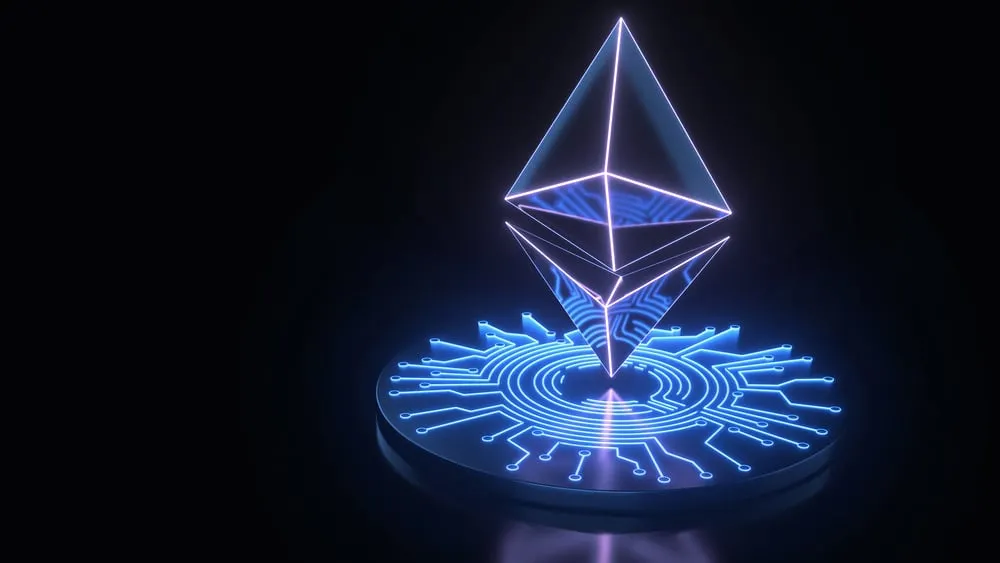At long last, the Ethereum merge has arrived.
At 2:45 am EST, the Ethereum network successfully began its transition—with no hiccups—from proof of work to proof of stake, a historic feat anticipated by the crypto community for over five years.
The upgrade has forever changed both how ETH is created and how transactions on the Ethereum network are validated. Up until the moment of the merge, ETH was generated by “mining,” an energy-intensive process by which individuals directed huge amounts of computer power at difficult-to-solve puzzles.
Proof of stake is a mechanism by which new ETH is instead generated by individuals and entities pledging large amounts of pre-existing ETH. The transition is anticipated to be faster, more scalable, and over 99% more environmentally friendly.
The event was triggered by Ethereum’s mainnet hitting “terminal total difficulty,” the predetermined point at which mining ETH became effectively impossible, and the network automatically began transitioning to a proof-of-stake consensus mechanism.
In the twelve white-knuckled minutes that followed, the world, along with Ethereum’s cadre of core developers, anxiously watched to see if the network would begin successfully proposing and approving new blocks of transactions via proof of stake.
In those twelve minutes, the transition went off without a hitch. The Ethereum network missed just one block, and after 12 minutes and 48 seconds, which refers to two epochs (periods of 32 slots each), successfully reached finality—the key benchmark of whether the merge had succeeded.
During that time, as a precautionary measure, major crypto exchanges including Binance, FTX, Coinbase, and Kraken temporarily paused trading for Ethereum-related tokens, including ETH. Ethereum-impacted trading is expected to resume on those platforms shortly.
Ethereum’s core developers celebrated the development—the culmination of years of arduous testing and preparation—in the moments that followed.
The merge’s flawless execution represents a historic technical feat that some have analogized to changing the engine of a rocket ship mid-flight. The Ethereum network currently supports tens of billions of dollars worth of digital assets, apps, and decentralized finance (DeFi) systems, none of which appear to have been adversely affected by the network’s transition to proof of stake.
In the moments following the merge’s finalization, ETH’s price dropped 0.4%.
Daily Debrief Newsletter
Start every day with the top news stories right now, plus original features, a podcast, videos and more.

